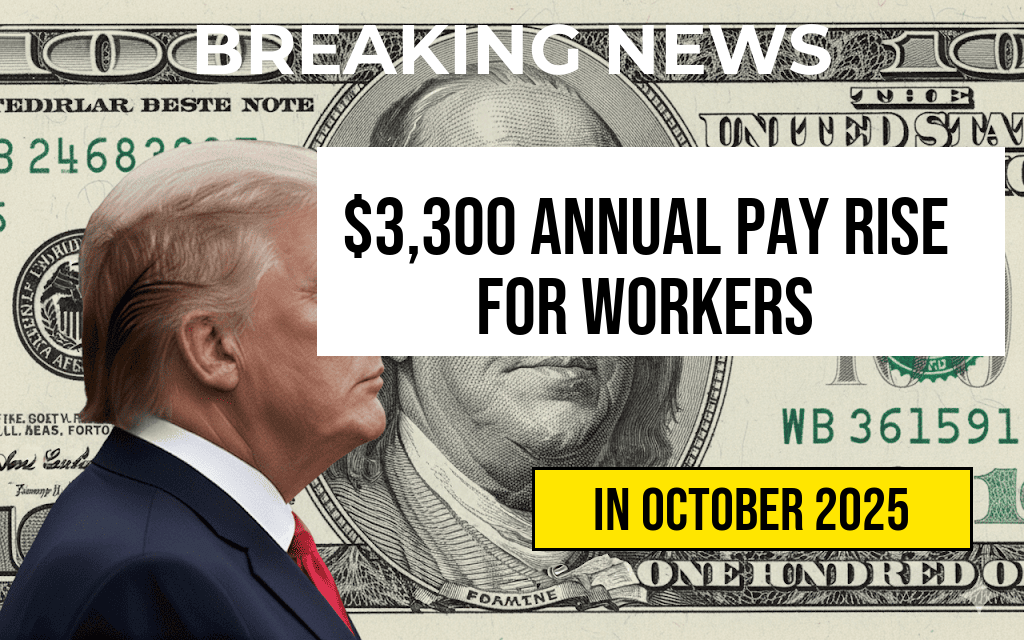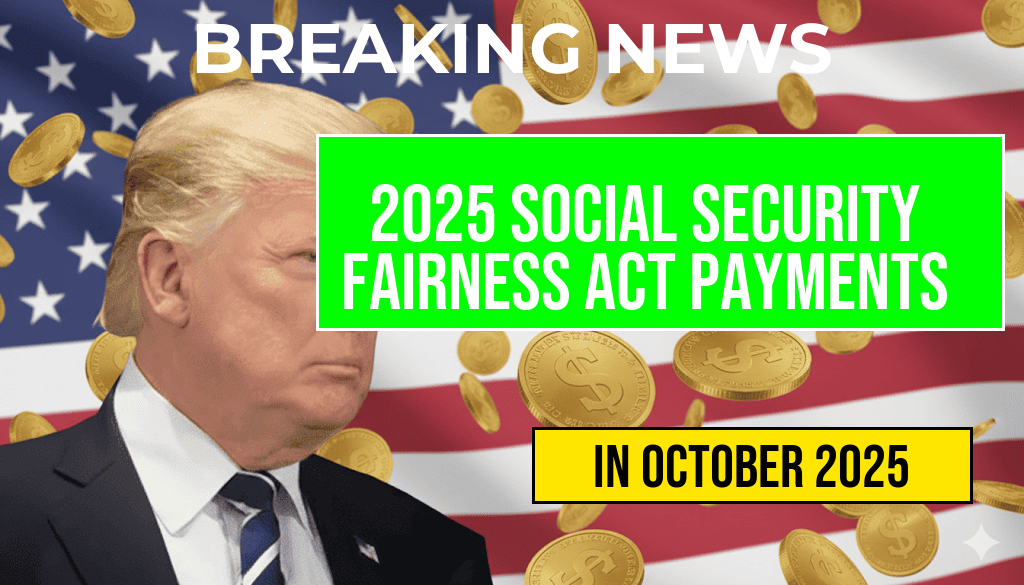The recent announcement of increased Medicare premiums has raised concerns among beneficiaries, particularly regarding the impact on their cost-of-living adjustments (COLA). For 2024, Medicare Part B premiums are set to rise by $10.30 per month, which translates to a significant portion of the anticipated Social Security COLA. This increase is expected to consume a substantial amount of the benefits that many retirees were counting on for additional financial relief. As millions of Americans rely on their Social Security payments to cover essential expenses, the adjustment in Medicare premiums has sparked discussions about the sustainability of these programs and their effects on retirees’ financial wellbeing.
Understanding the Part B Premium Increase
The Centers for Medicare & Medicaid Services (CMS) announced that the standard monthly premium for Medicare Part B will increase from $164.90 to $175.20 in 2024. This change represents a nearly 6.2% rise compared to the previous year, which is particularly concerning given that the expected COLA for Social Security recipients is projected to be around 3.2%. Thus, a large portion of this increase is expected to be absorbed by the higher Medicare costs.
What This Means for Beneficiaries
For many beneficiaries, the increase in Medicare Part B premiums translates to a direct reduction in their take-home income from Social Security. With the average monthly benefit for retired workers hovering around $1,800, the increase in premiums will take away about 0.57% of their total monthly income. This might not seem substantial at first glance, but for those on fixed incomes, every dollar counts.
Comparative Analysis of Premiums
| Year | Premium Amount | Annual Increase |
|---|---|---|
| 2021 | $148.50 | N/A |
| 2022 | $170.10 | $21.60 |
| 2023 | $164.90 | -$5.20 |
| 2024 | $175.20 | $10.30 |
Factors Contributing to the Increase
- Rising Healthcare Costs: The ongoing increase in healthcare expenditures has necessitated higher premiums to sustain the Medicare program.
- Inflation: General inflationary pressures have affected many aspects of the economy, including healthcare services.
- Medicare Trust Fund: Financial stability within the Medicare Trust Fund requires adjustments in premiums to ensure long-term viability.
Long-Term Implications for Retirees
As Medicare premiums continue to rise, the long-term implications for retirees and those nearing retirement age are becoming clearer. With an aging population that increasingly depends on Medicare, the financial burden of healthcare costs is likely to grow. Many retirees may find themselves grappling with the challenge of balancing their healthcare needs while managing their limited income. This could lead to difficult decisions regarding healthcare access and other essential services.
Potential Solutions and Considerations
Addressing the rising costs of Medicare and its impact on beneficiaries will require a multi-faceted approach. Policymakers may need to consider reforms that balance the needs of the program with the financial realities faced by retirees. Some suggestions include:
- Implementing cost-control measures within healthcare systems to reduce expenses.
- Exploring options to enhance the Social Security COLA to keep pace with rising costs.
- Promoting preventive care and wellness programs to reduce long-term healthcare costs.
Resources for Beneficiaries
Beneficiaries looking for more information on Medicare and Social Security adjustments can access resources from reputable organizations. For detailed information on Medicare premium rates and benefits, visit the CMS website. Additionally, the Social Security Administration offers insights on how COLA adjustments are calculated and applied.
As Medicare premiums increase for the upcoming year, beneficiaries must stay informed and proactive about their healthcare choices. Understanding these changes is essential for managing finances and ensuring access to necessary medical services.
Frequently Asked Questions
What is the reason for the increase in Medicare Part B premiums?
The increase in Medicare Part B premiums is primarily due to rising healthcare costs and the need to maintain the program’s financial stability. Factors such as inflation and increased utilization of healthcare services contribute to these higher costs.
How much will the Medicare Part B premium increase affect my COLA?
The higher Medicare Part B premium will consume approximately $10.30 of your Cost-of-Living Adjustment (COLA), which means that the increase in your Social Security benefits may not fully offset the rising healthcare costs.
When will the new Medicare Part B premiums take effect?
The new Medicare Part B premiums typically take effect at the beginning of the year, aligning with the annual adjustments made to the program based on various economic factors.
Are there any programs to help with the Medicare premiums?
What should I do if I cannot afford the higher Medicare Part B premiums?
If you find it difficult to afford the higher Medicare Part B premiums, you should explore options such as applying for Medicaid, seeking assistance from local programs, or contacting the Social Security Administration for guidance on available resources.











